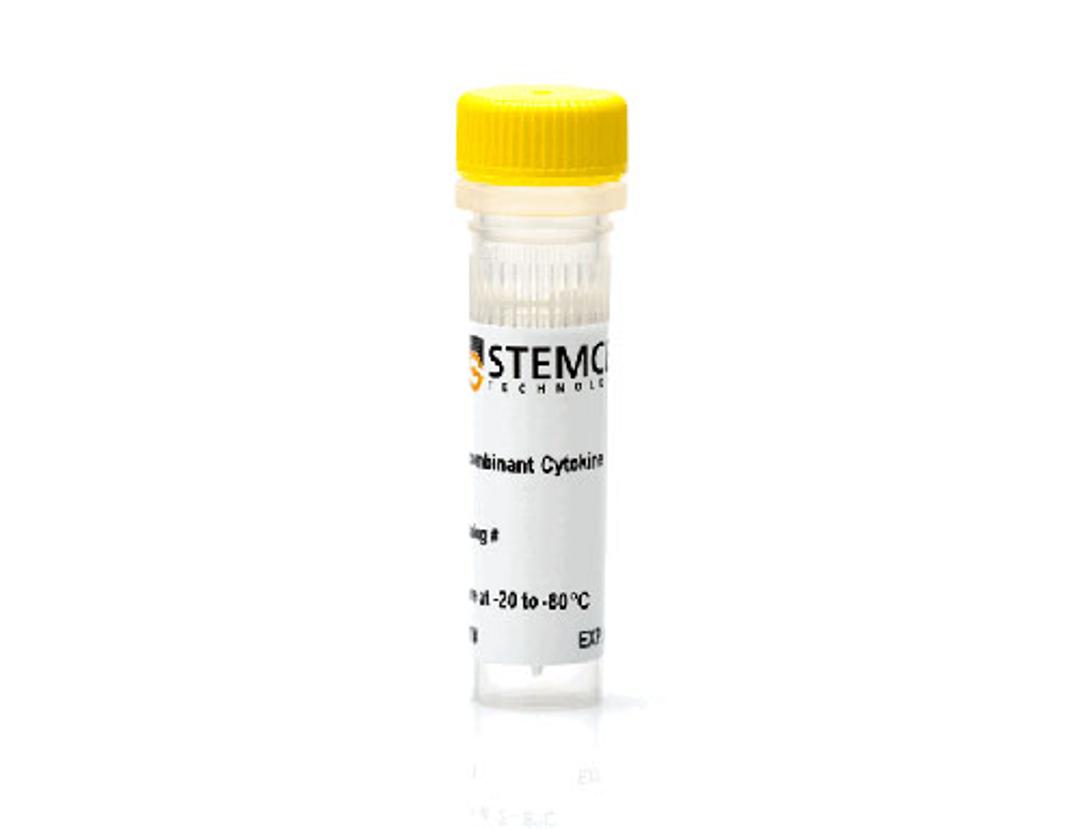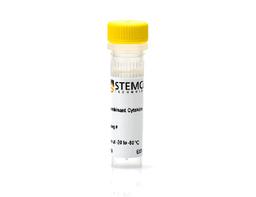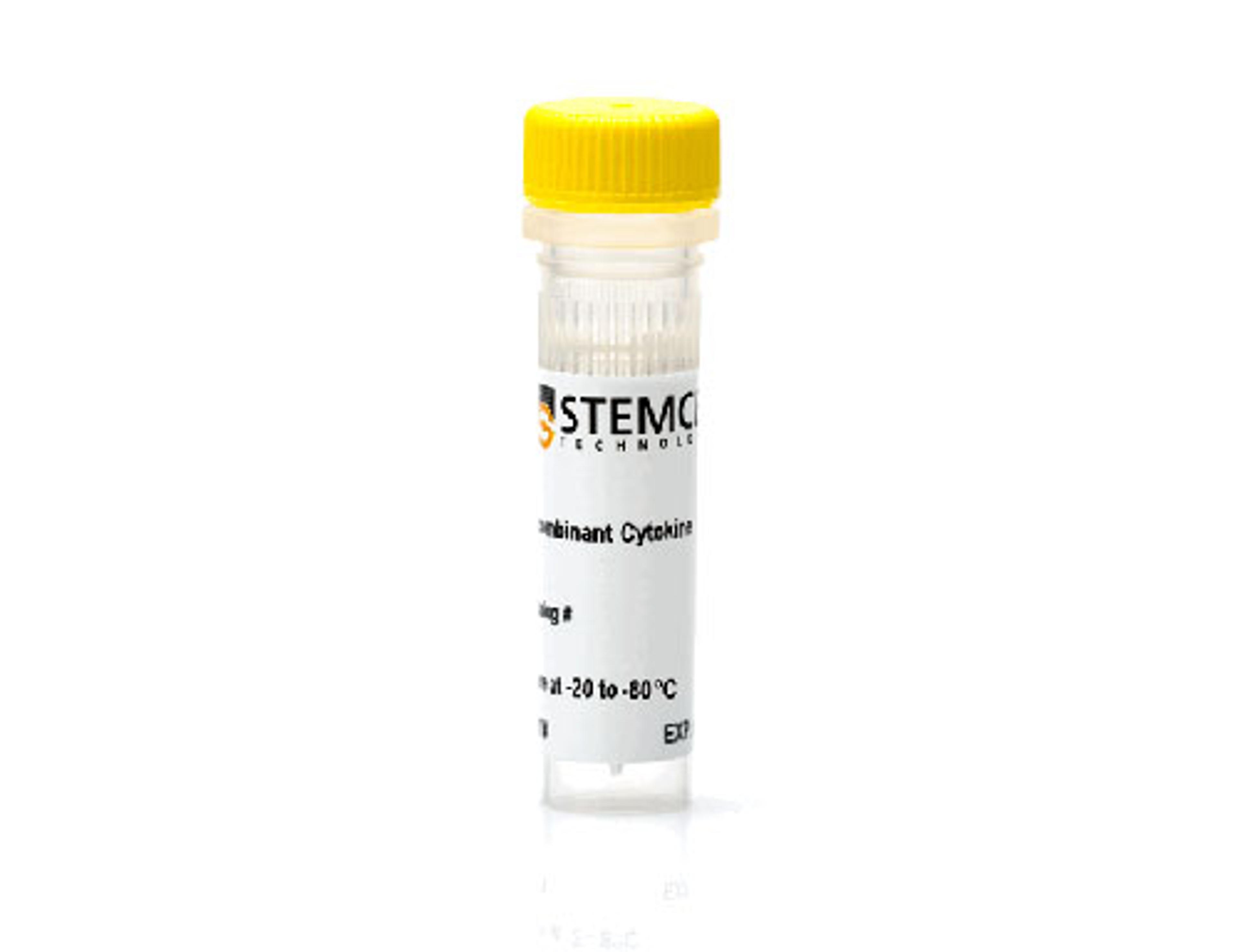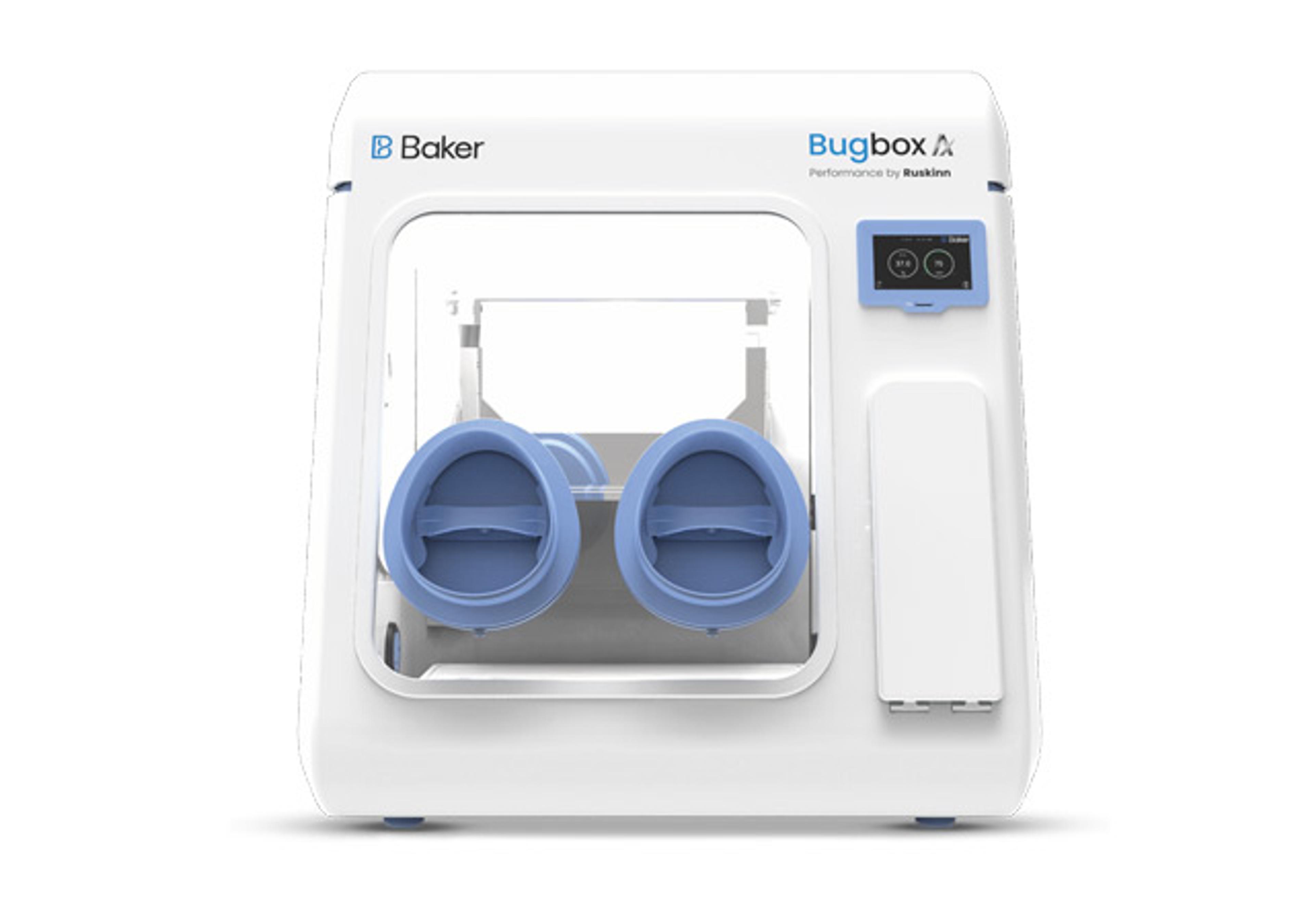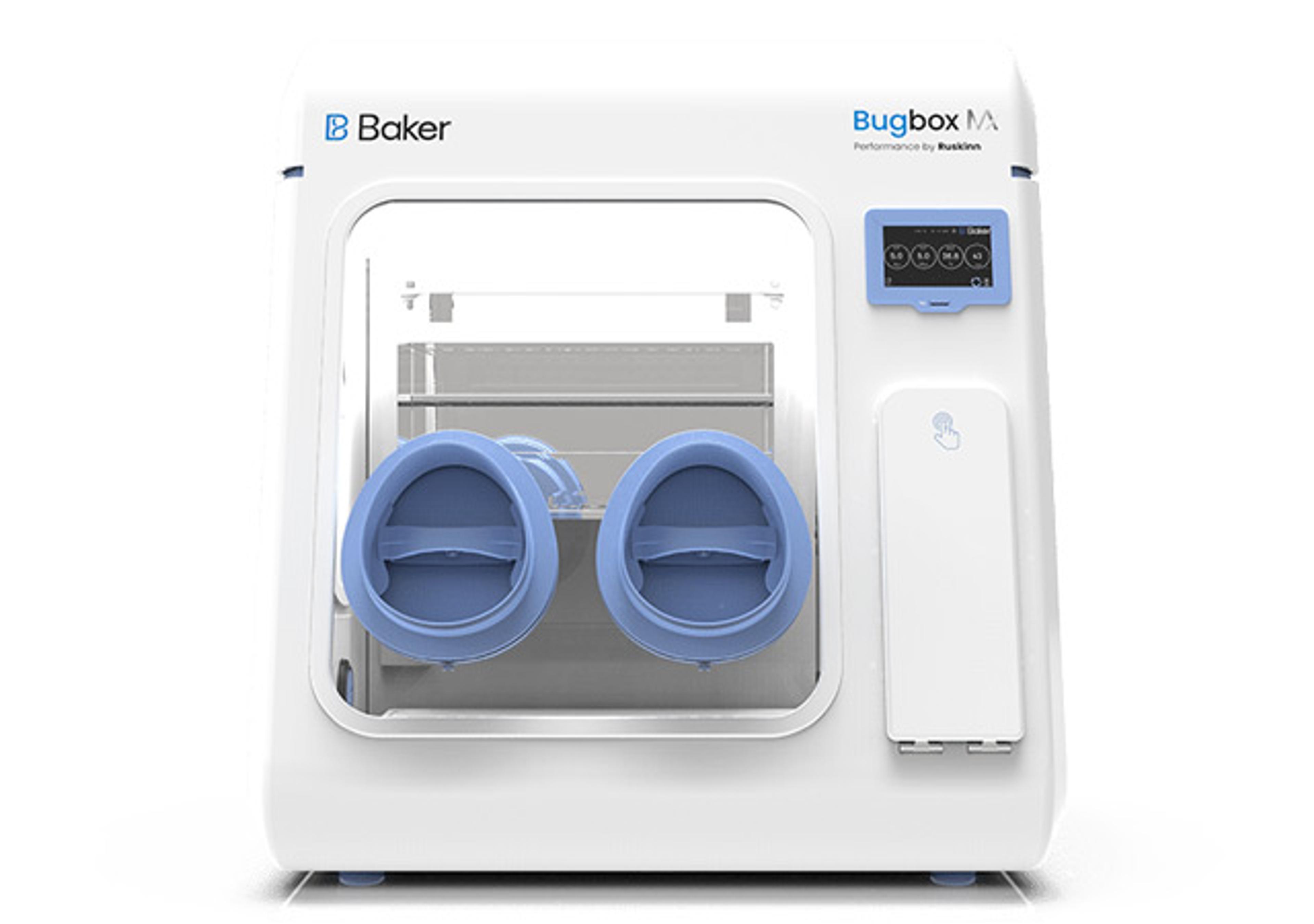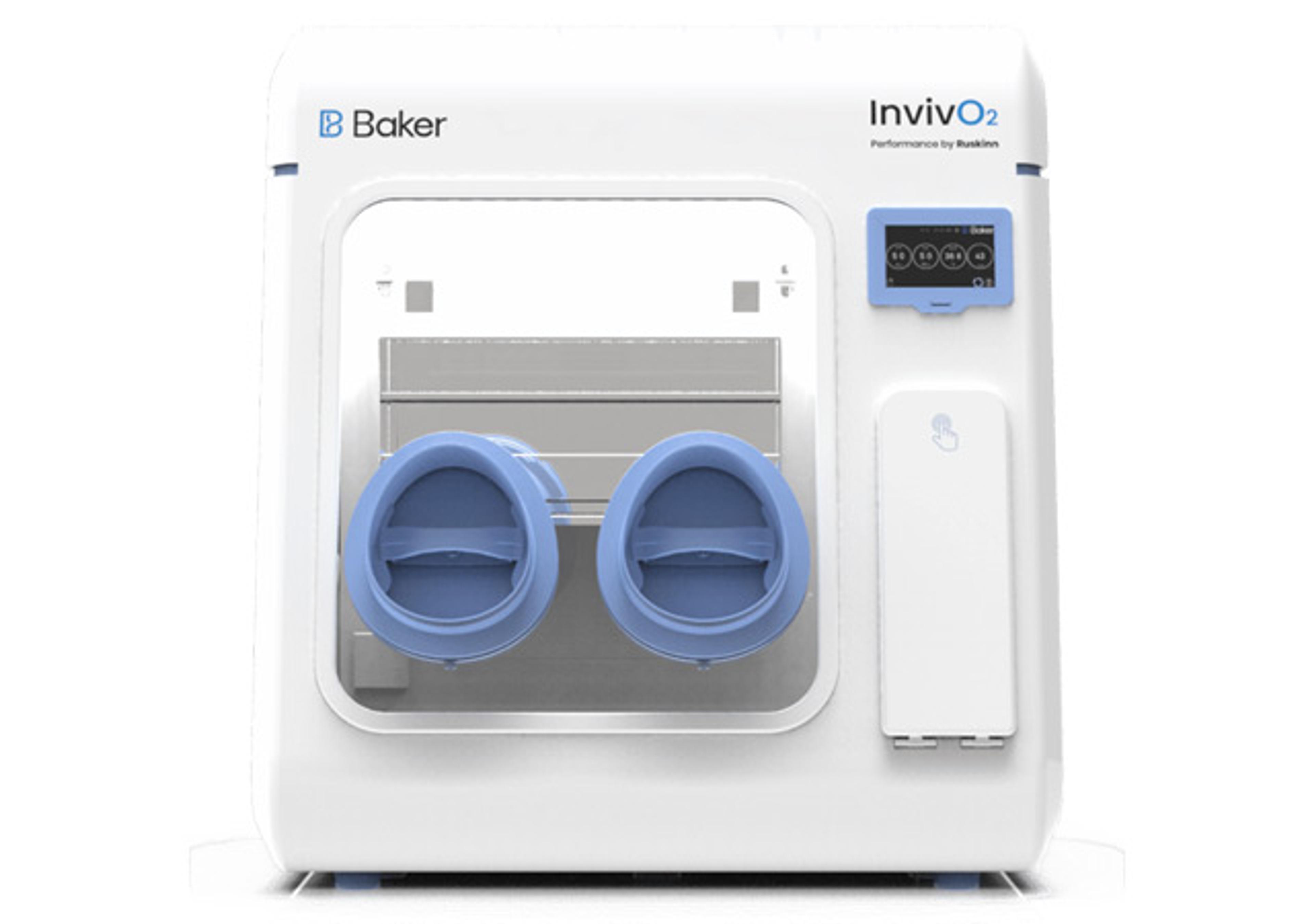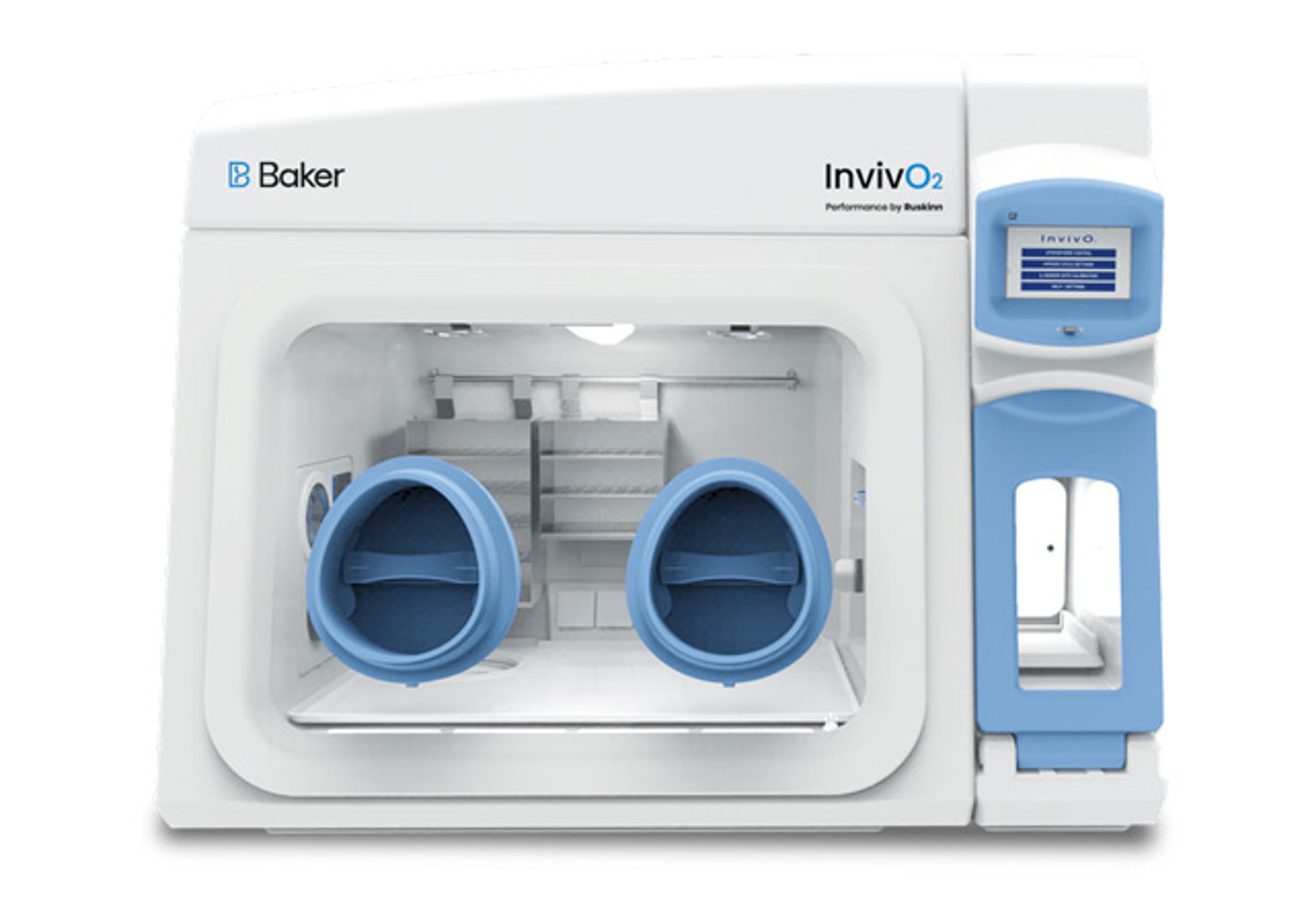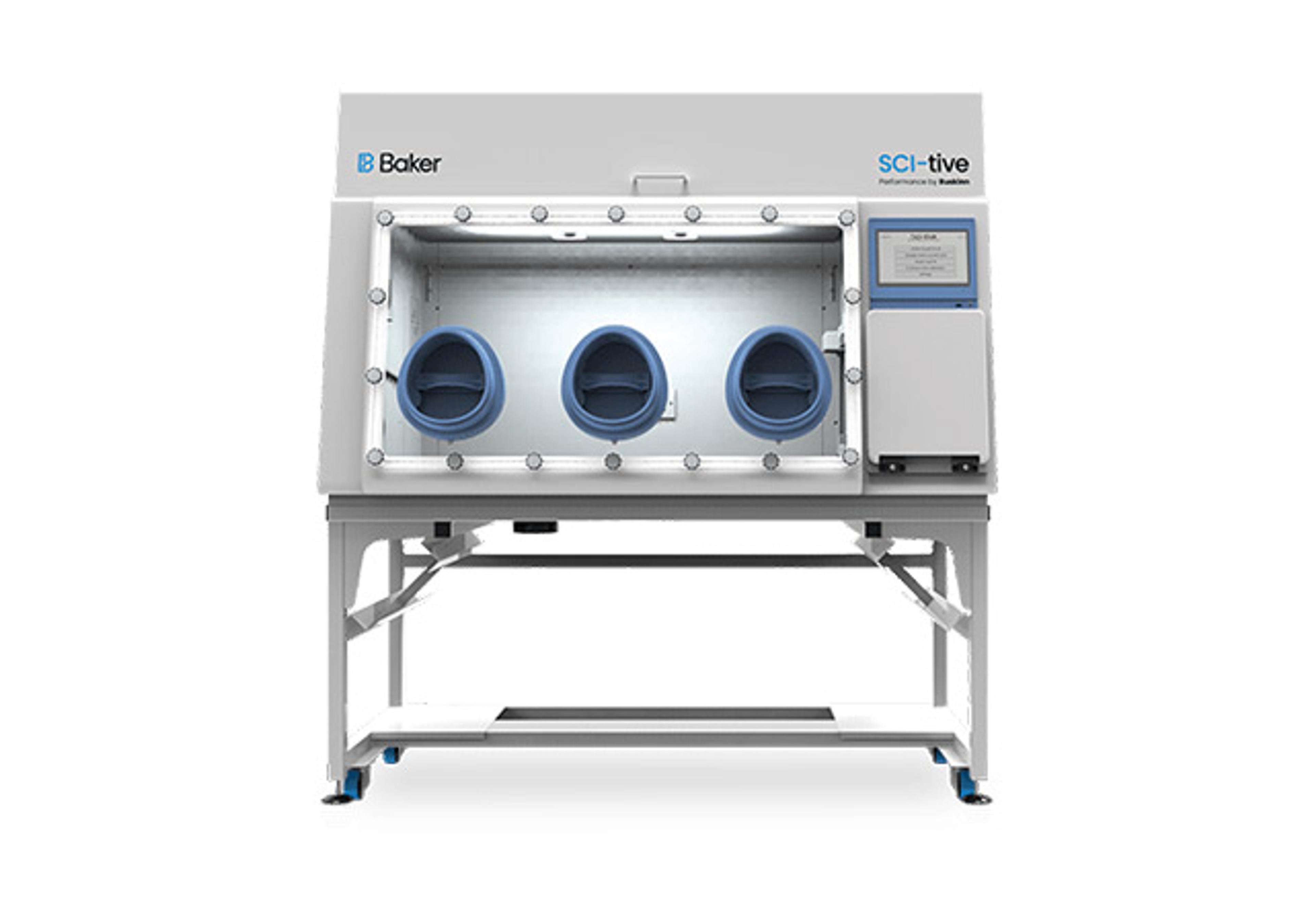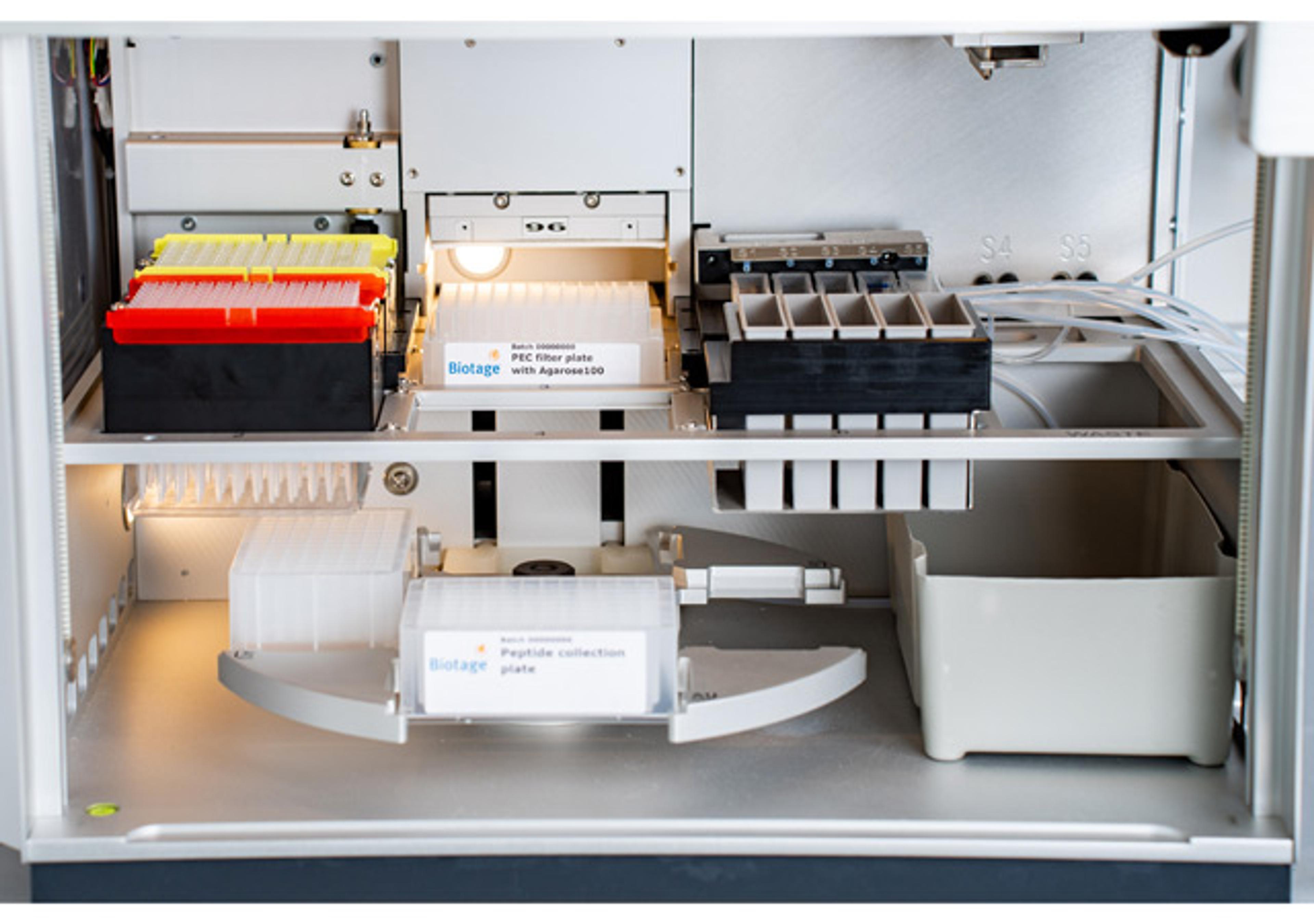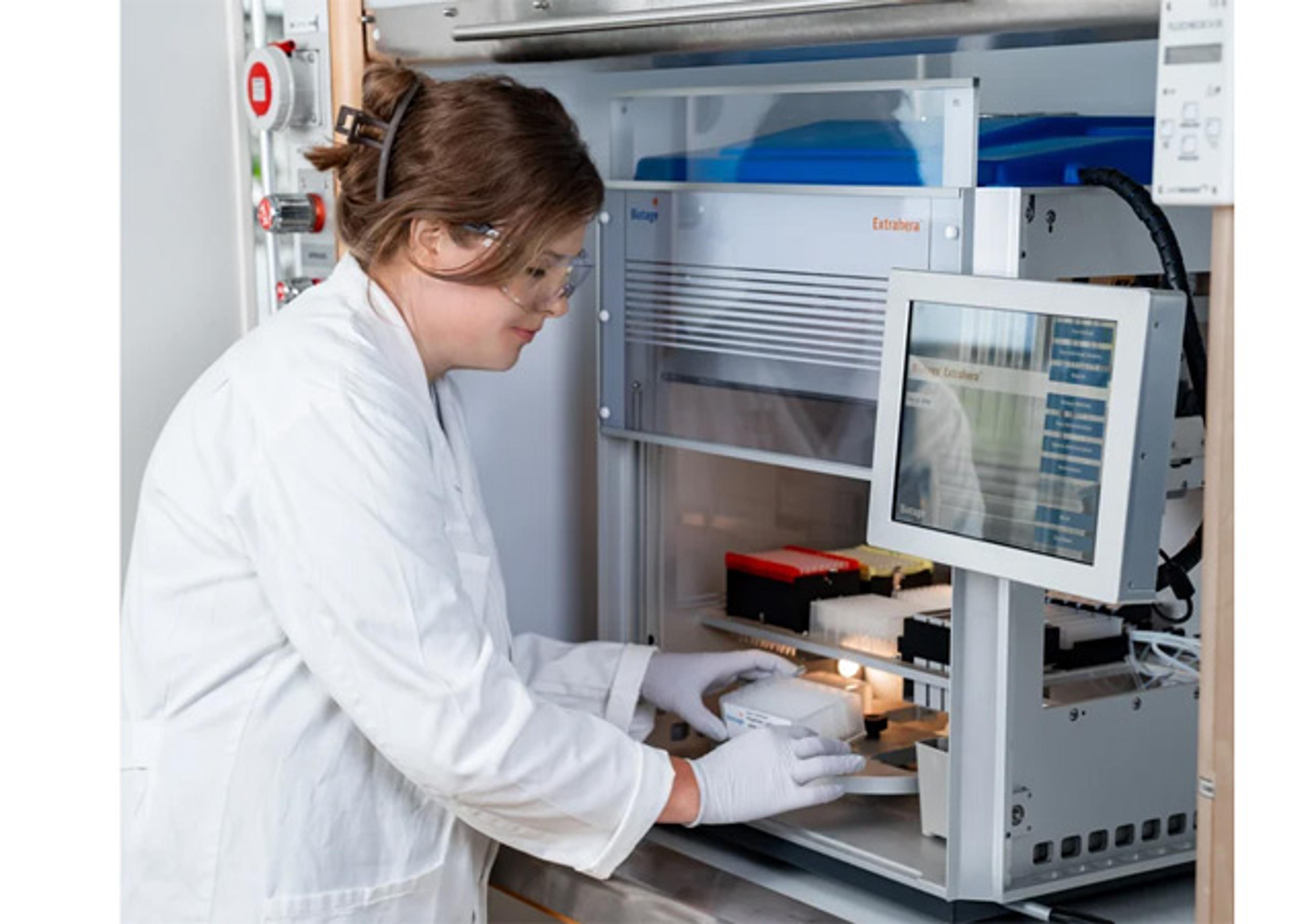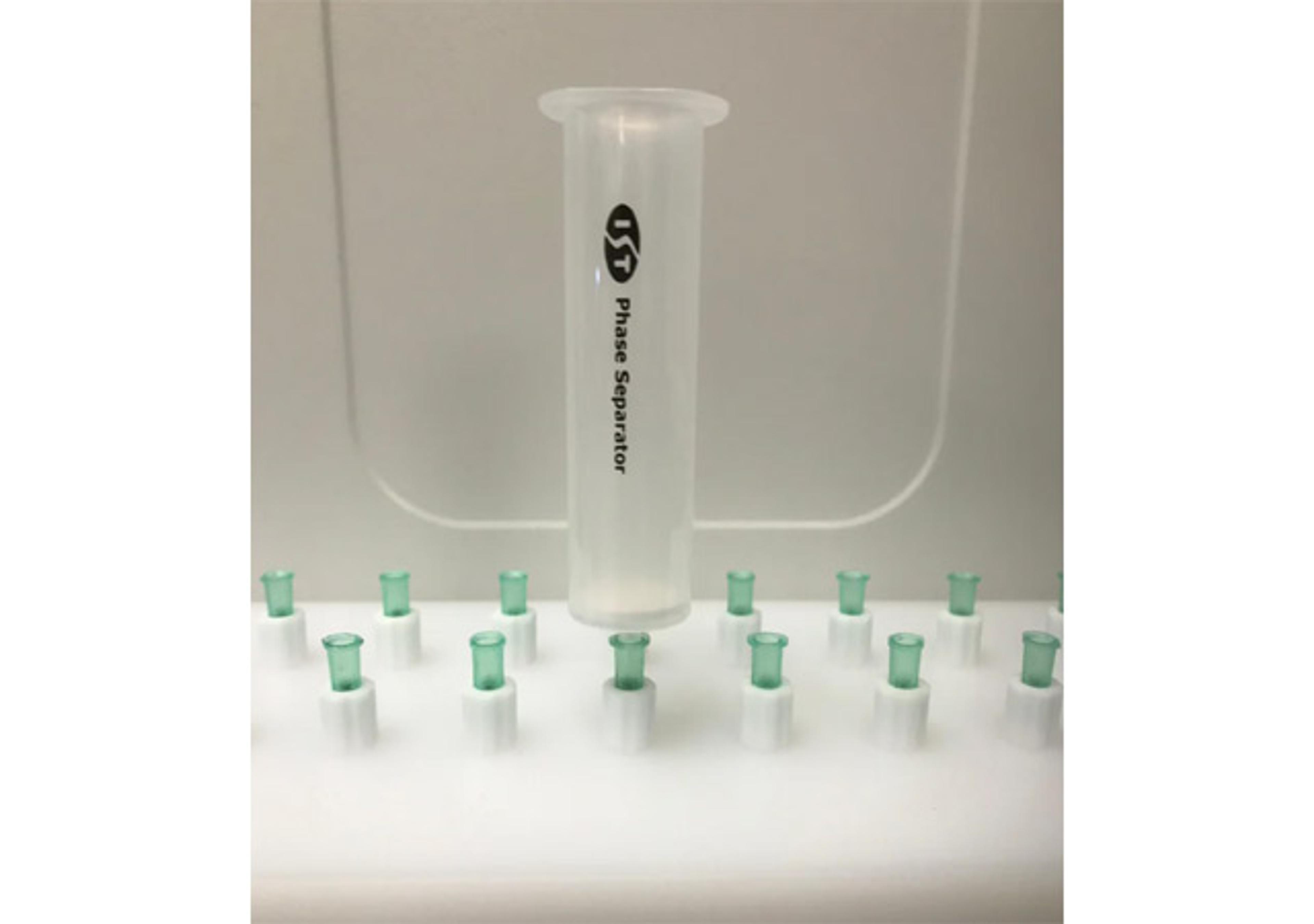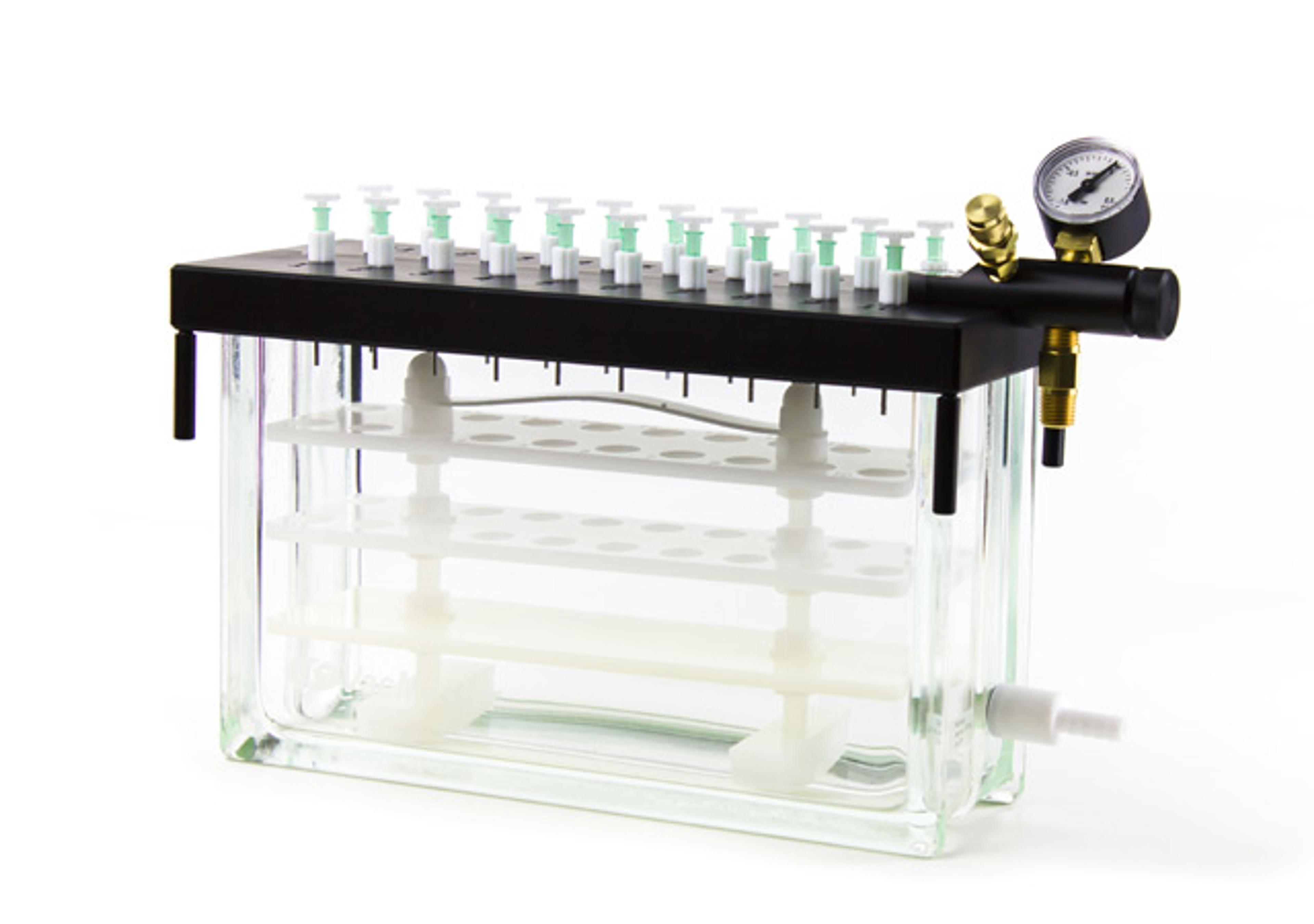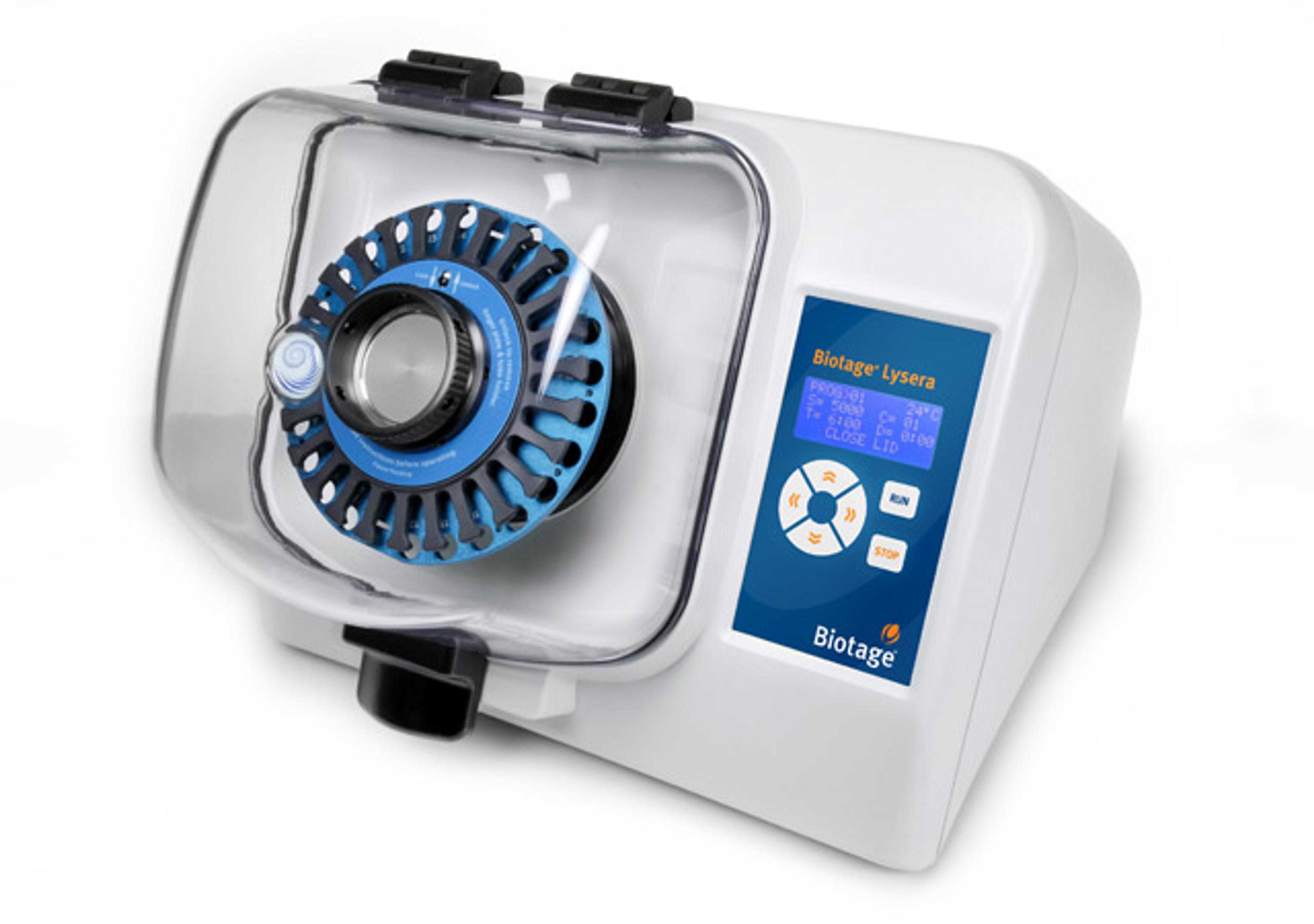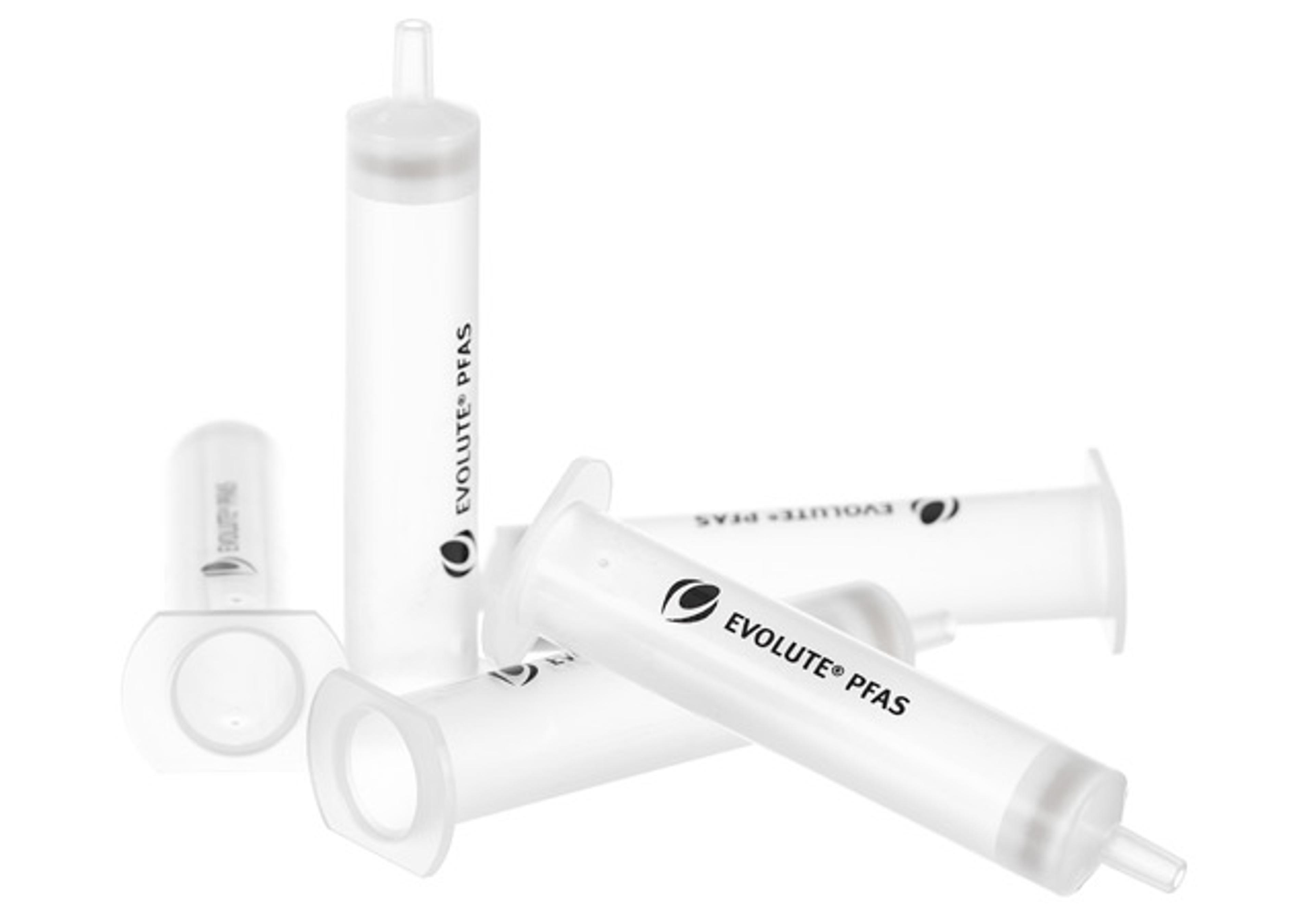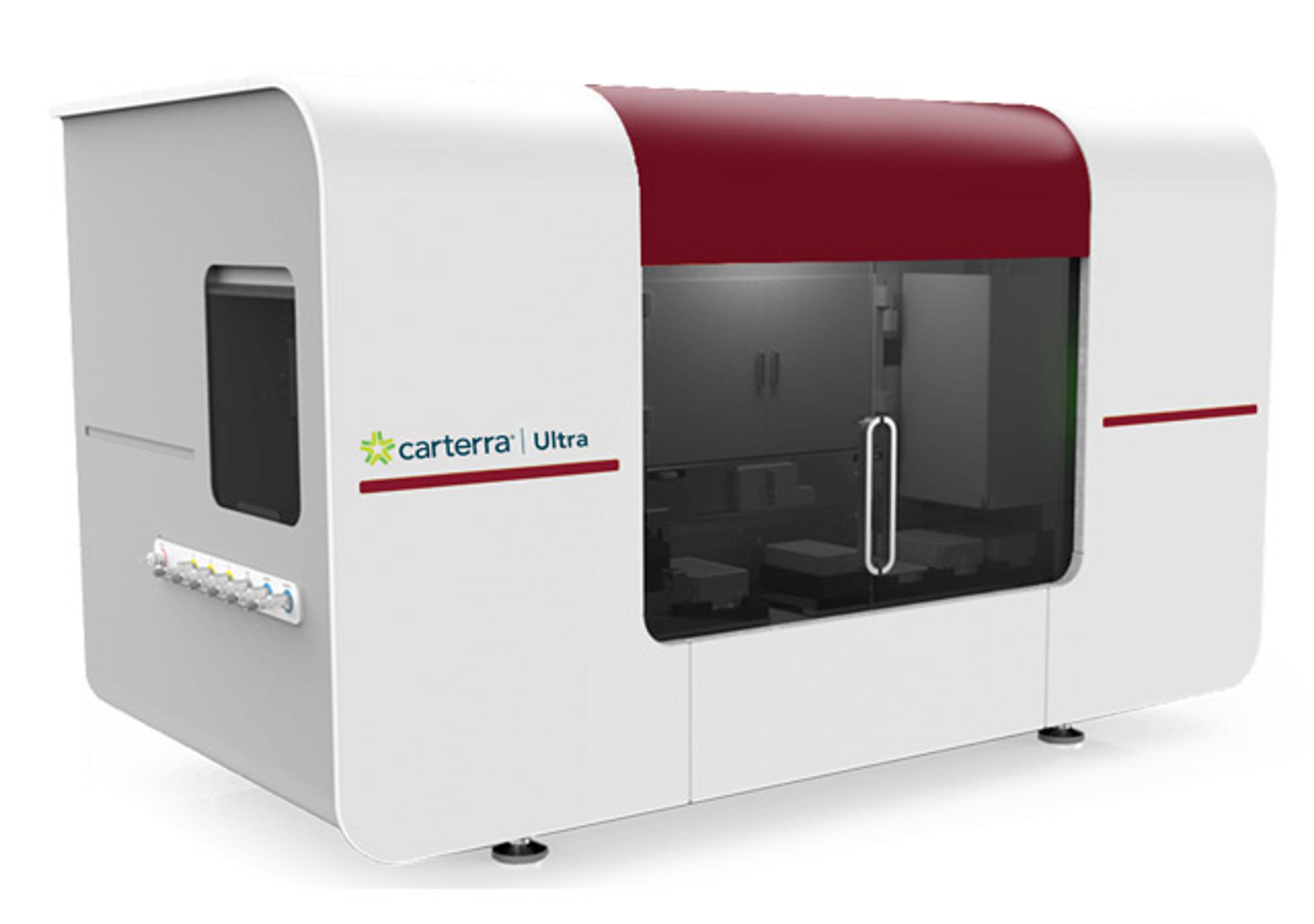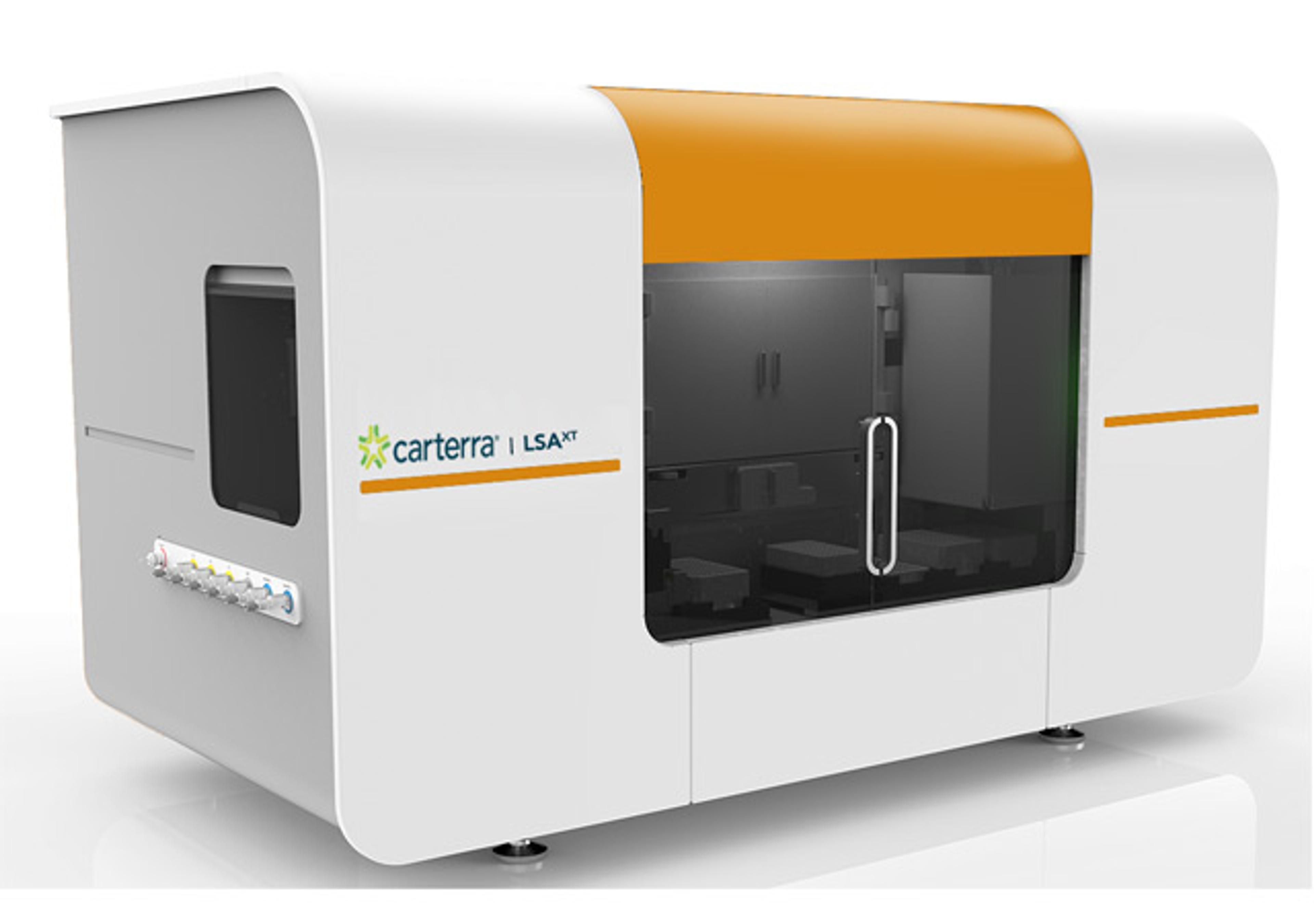Mouse Recombinant MIP-1 beta (CCL4)
Macrophage inflammatory protein-1 beta

The supplier does not provide quotations for this product through SelectScience. You can search for similar products in our Product Directory.
Macrophage inflammatory protein-1 beta (MIP-1 beta), also known as CCL4, is a member of the CC family of chemokines and is most closely related to CCL3 (MIP-1 alpha). Cellular sources of MIP-1 beta include activated leukocytes (monocytes and T and B cells), brain endothelial cells, and smooth muscle cells (Lukacs et al.; Menten et al.). MIP-1 beta, MIP-1 alpha, and RANTES have been shown to be major HIV-suppressive factors, possibly through the interactions of these chemokines with the receptor CCR5 on CD4+ T cells, which is also a major receptor for HIV entry into CD4+ T cells (Cocchi et al.; Menten et al.). MIP-1 beta attracts a variety of immune cells to sites of microbial infection. In addition to its chemotactic functions, MIP-1 beta induces the release of proinflammatory cytokines, mast cell degranulation, and NK cell activation (Schall et al.). In mice, recruitment of regulatory T cells to B cells and antigen-presenting cells by MIP-1 beta plays a central role in the initiation of T cell and humoral responses, and the depletion of regulatory T cells or MIP-1 beta results in deregulated humoral responses and production of autoantibodies (Bystry et al.).

